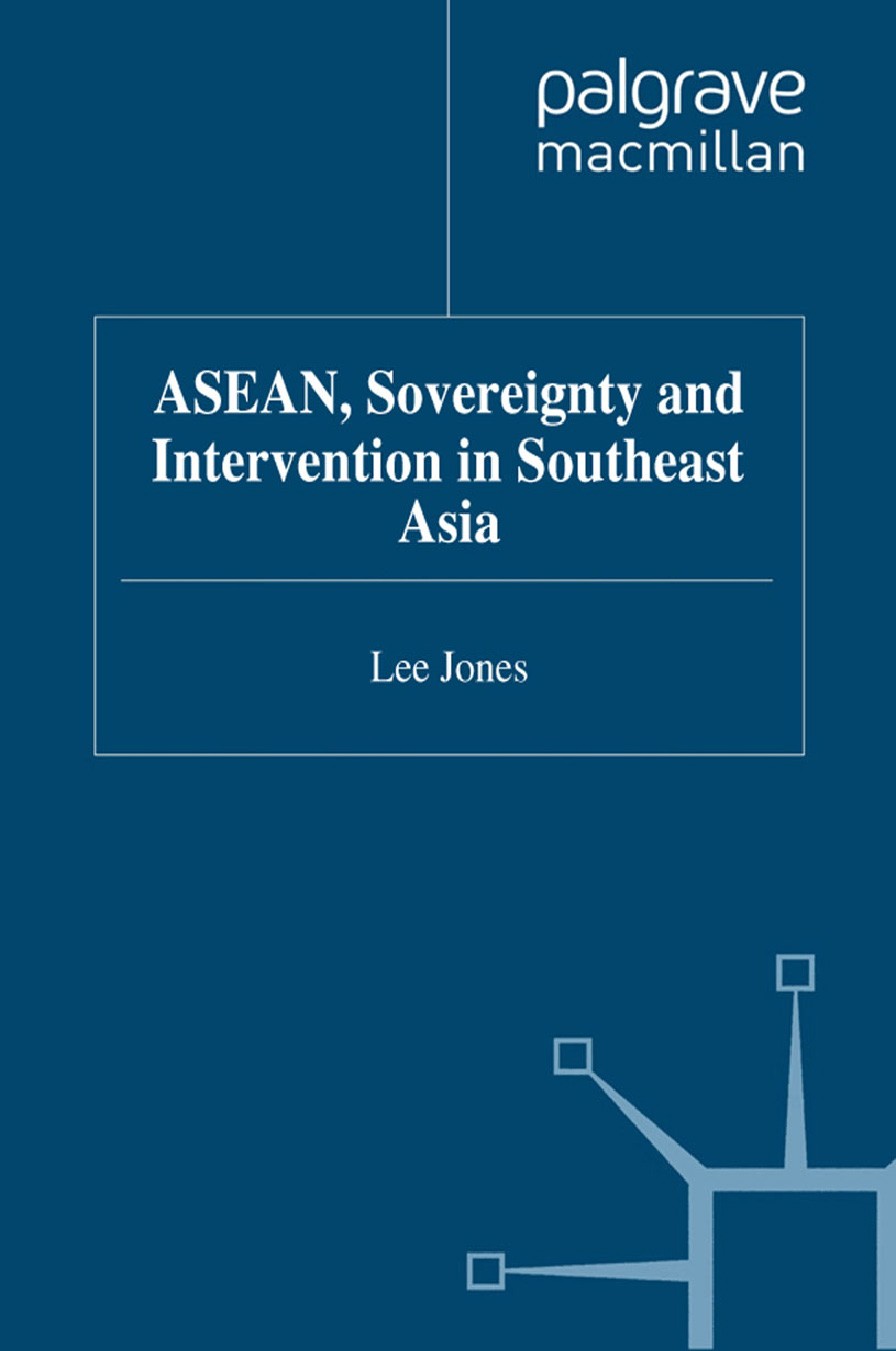Sovereignty is highly valued and a prized concept. Politicians and opposition leaders alike vouch for its sanctity only to invoke the importance of breaking it, as and when, certain international issues impinge on the interest of their own constituencies. Thus, a double paradox. On one level, sovereignty is considered an absolute; notwithstanding an international order that is actually shaped by systemic anarchy, as realists described. On another level, sovereignty is a relative concept: respected only in its breach.
Lee Jones, one of the most astute Southeast Asian scholars to have emerged on the scene in the recent decade and is now based at Queen Mary College, in University of London, argues that it is not enough to adopt the concept of “organized hypocrisy” deployed by Stephen Krasner to explain the many breaches that have been observed and recorded in ASEAN.
To begin with, Stephen Krasner’s concept, while exciting and elegant, is somewhat beyond falsification. Nation-states lie as and when they have to lie; and, break (non-intervention) norms as and when they find it advantageous to do so.
Such an analysis only procures a depiction of an unstable, potentially deviant, intent, but has next to nothing to say on the organizational capacity of the state to wage war or engage in a war on terrorism as and when their interests collide..
The neglect of intent is all the more puzzling when realist scholars, time and again, have been urging academics and policymakers to put equal focus on capacity and intent; of which the latter is subject to easy manipulation and change.
If Stephen Krasner’s optic is given any more currency, one cannot truly understand when, why, and how a Southeast Asian state may behave. A member state intervenes in the affairs of another member state, simply because it was advantageous to do so.
This amounts to Herbert Simon’s “politics of satisficing;” potentially even “muddling through.” But it is silent on why, at precisely what point, the norm is broken; especially given the rhetorical weight given to ASEAN Security community and the works.
Lee Jones, inspired by scholars at Murdoch University in Perth, averred that non-intervention is but a facade to create and maintain the kind of social order that the elites themselves desire. As and when the elites felt impelled to side with President Suharto, as marked by Indonesia’s invasion of East Timor in 1974, they did so not merely with a nod and a wink, but with full endorsement granted to Indonesia at the United Nations, as well.
Indeed, it wasn’t just ASEAN that was the culprit in giving Indonesia the blanket of legitimacy to invade East Timor but US and Australia, too. All had a stake in preserving and creating a social capitalist order that privileges the views and materialist values of the powers-that-be. When the time came to oppose Vietnam’s invasion of Cambodia in 1979, the same logic prevailed orin Robert Cox’s term was “reproduced.”
Invariably, when Indonesian and Malaysian politicians are in need of more Muslim votes at home, the vehement protest against Myanmar’s treatment of Rohingya Muslims is resurrected, even though the awful disregard of their rights has prevailed for generations. Even Aung San Suu Kyi herself, acting as the Foreign Minister of Myanmar, is not beyond the capitulation, hence, reproduction, of this logic of (elite) self-interest.This despite the claim to being a Nobel Peace Prize winner.
Lee Jones argues that non-intervention is not merely a false front and a straw man, but a fake argument deployed by those in power to de-limit what is prohibited and unappealing. Theexercise and invocation of such taboos are timed according to their own interests and survival per the extemporaneous circumstances of the day.
In other words, non-intervention is not a sustainable political fact but a promiscuous political act often, if not repeatedly, conducted behind the screen of public scrutiny since the very heydays of ASEAN.
That scholars like Amitav Acharya first espoused the importance of security community, then realist-institutionalism, then analytical eclecticism, then constructivism, and only lately, the consociational regional order, is a self-indictment of the mishandling of all the historical materials of ASEAN.
By relying on official speeches and public rhetoric that seem to put enormous purchase on non-intervention, even when these policy- makers and politicians are lying through their teeth, if not by first biting their lips, Amitav Archarya and those who believed in the ASEAN Way of non-intervention have completely lost the plot.
That students of international relations continue to read his works widely can only suggest the lacunae of authentic Marxist methodology and leftist scholarship. But then again, wasn’t Southeast Asia the region where capitalist war machines waged its war against the Marxists? So, why should anyone be surprised by thesilence coming from the left?

